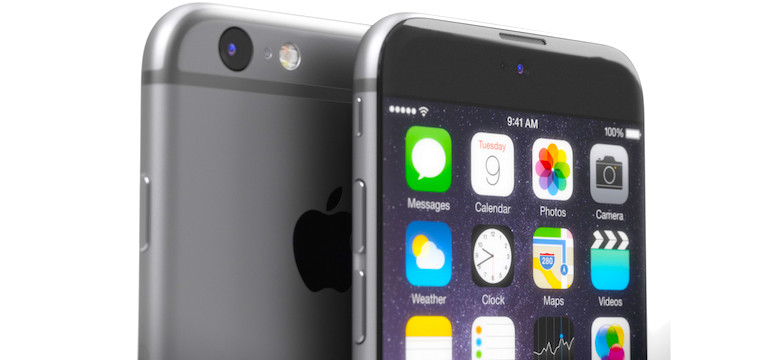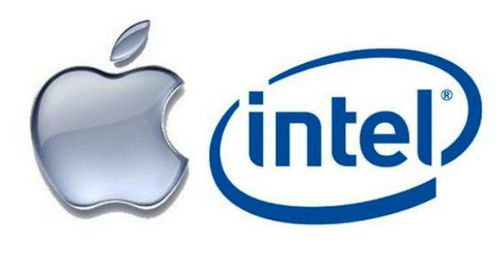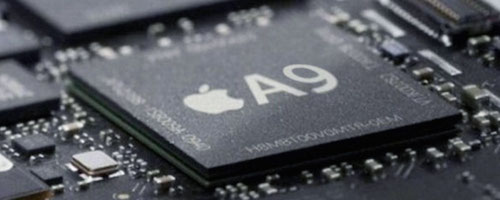Intel and Apple Joining Forces to Build New Chips for the iPhone 7

Toggle Dark Mode
As first reported by VentureBeat, Intel has employed a dedicated team of around 1,000 individuals to work specifically on building chips for the next-generation iPhone. More specifically, Intel is hoping to supply Apple with its 7360 LTE modem chip for the device and, if all goes according to plan, perhaps even take part in the devices’ manufacturing, as well.
The iPhone 6s and iPhone 6s Plus currently feature Qualcomm’s 9X45 LTE chip, however, as it pertains to future manufacturing, Intel hopes to provide its modem for at least a certain, yet-to-be-determined percentage of the Apple’s iPhones in 2016. As it stands, Qualcomm is the exclusive provider of modem chips for all of Apple’s iPhones.
Intel’s 7360, the company’s next generation LTE modem, is expected to begin shipping by the end of 2015, with device manufacturers implementing the new chipset as early as Q1 or Q2 2016. As far as its relationship with Apple is concerned, Intel sees the partnership as crucial to its future in the mobile realm.
Apple is a rather demanding client with large-scale production needs, which in part, explains the need for over 1,000 employees on the job.
At this point, however, it’s important to note that Intel has yet to reach a formal agreement with Apple. Perhaps for obvious reasons, the Cupertino tech giant is waiting to see if Intel reaches all of the milestones on the project, prior to officially inking the deal.
As VentureBeat also reports, another possible reason behind the deal having yet to be finalized, is that the Apple-Intel partnership may extend much deeper than just the LTE modem, alone.
So they claim, Apple is interested in building a system-on-a-chip for the 2016 iPhone; one that would combine both its A-series processor with the aforementioned LTE modem. This combination would offer significantly improved speed, better power management, and thus, better battery life, as well.
In addition, the collaboration would pave the way for a much smaller chip, thus allowing more, or larger, internal components to be placed inside the device itself — such as a bigger battery, for example. Under the terms of this partnership, Apple would design the system-on-a-chip and apply its name, thereby licensing the LTE modem from Intel.
As it stands, Samsung and TSMC share the production responsibility of Apple’s A-series chips, however they do so utilizing a 20-nanometer process. Intel, who currently employs a 14-nanometer process, would thus create a chip of superior density. Apple is also said to be very interested in Intel’s current steps toward perfecting its 10-nanometer process.
In any event, all of this is just hearsay, of course, until confirmed by Apple; and it likely won’t be until the iPhone maker officially announces its next generation handset — presumably, the iPhone 7 — in 2016.
In the interim, however, Apple has continued sending engineers to work with Intel on the project, leaving lots of room for speculation.








